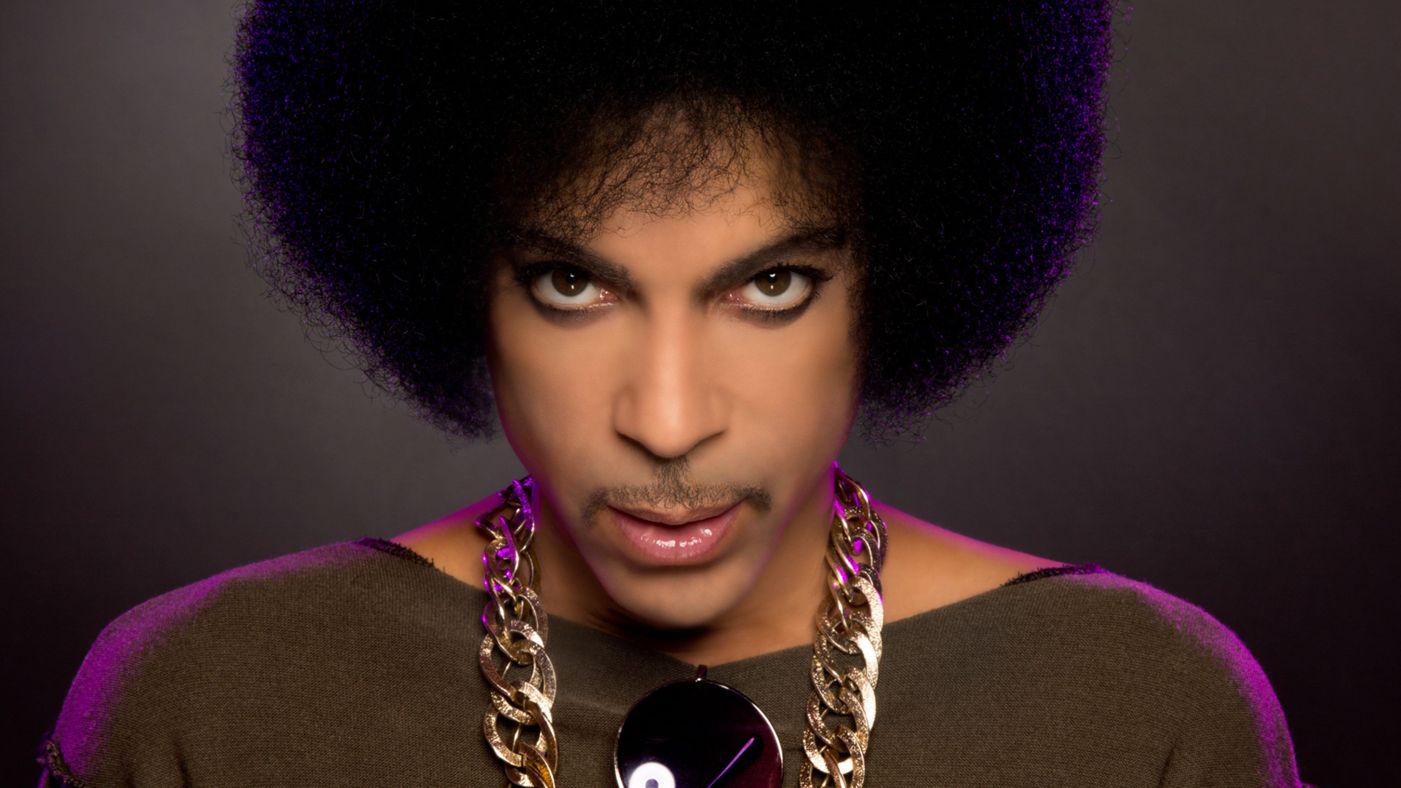Prince, the beloved, recently departed pop star, may have up to half of his estate go to the government. He could have avoided losing much of his financial legacy by using Bitcoin instead.
The highly prolific musician died last month, but unfortunately passed away without leaving a known will. As such, a significant portion of his estate, potentially up to 50%, will end up being claimed by the government. Seeing as how Prince’s estate is valued at around $300 million, that would mean $150 million in taxes.
The prolific musician reportedly wrote and recorded an estimated 2,000 unreleased songs, which could be released to fans in order to help pay off the considerable tax bill left behind.
Prince’s anti-government messages
The irony of so much of Prince’s estate going to government is the contradiction with his own views. He criticized both major political parties, spoke out against Wall Street bailouts, and condemned wars. He went to great lengths to avoid what he saw as “slavery” to record labels, and ran afoul of former U.S. Vice President Al Gore and his wife Tipper for the explicit lyrical content of his songs.
How Bitcoin could have helped
In order to avoid having his assets seized by government after his passing, Prince could have invested in Bitcoin instead. By storing cryptocurrency offline in cold storage, he could have hidden his funds away from the prying eyes of the tax collectors, only giving access to those he wished to receive them.
Alternatively, he could have stored portions of his estate in Dash or Monero wallets, allowing those he left with access credentials to then privately move the funds to wherever they saw fit without the authorities catching on.

